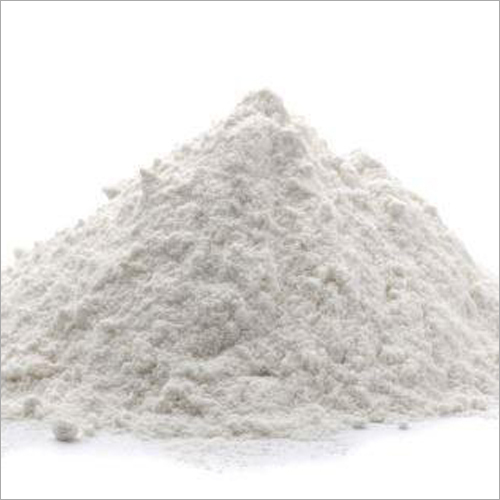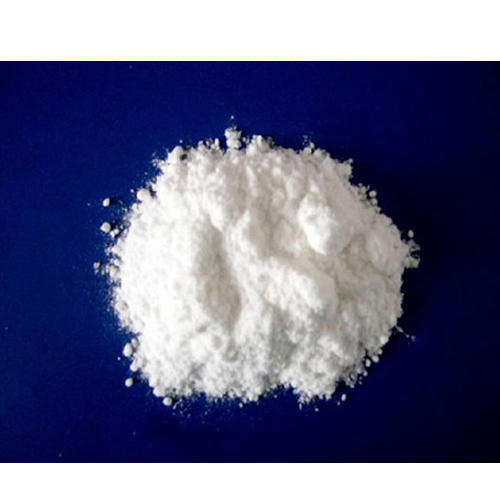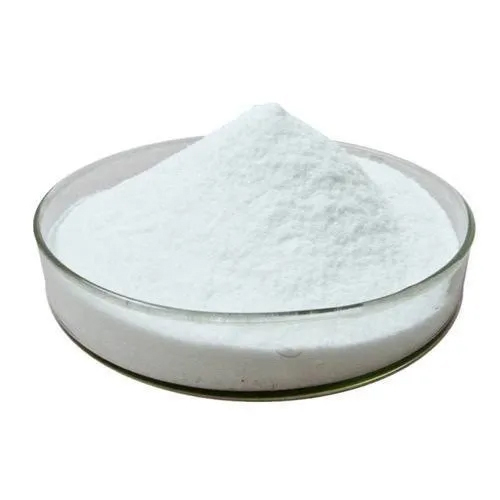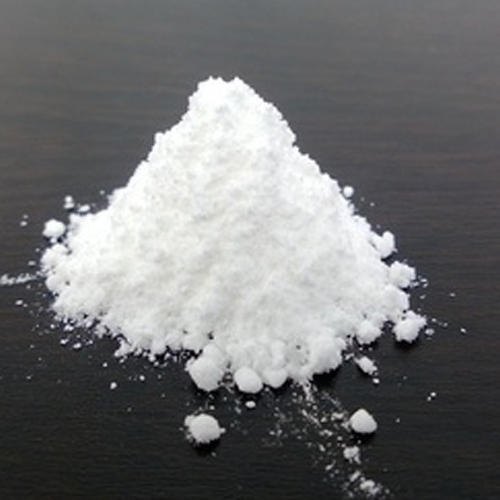Welcome to Our Company
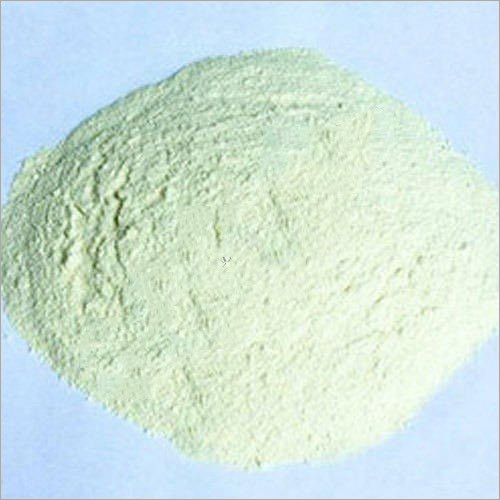
Pantoprazole Powder
9000 INR/Kilograms
Product Details:
- Solubility In Water
- Storage Room Temperature
- Type Pharmaceutical Intermediates
- Grade Medicine Grade
- Usage Industrial
- Purity(%) 98%
- Appearance Crystalline Powder
- Click to View more
X
Pantoprazole Powder Price And Quantity
- 25 Kilograms
- 9000 INR/Kilograms
Pantoprazole Powder Product Specifications
- Crystalline Powder
- Industrial
- 98%
- Powder
- Room Temperature
- Medicine Grade
- In Water
- Pharmaceutical Intermediates
Pantoprazole Powder Trade Information
- Letter of Credit (L/C) Telegraphic Transfer (T/T)
- 1 Kilograms Per Month
- 1 Days
- Poly Bag
- All India
Product Description
Pantoprazole is a medication that belongs to the class of drugs known as proton pump inhibitors (PPIs). It is used to treat conditions related to excess stomach acid production, such as gastroesophageal reflux disease (GERD), peptic ulcers, and Zollinger-Ellison syndrome.
Pantoprazole is commonly available in various formulations, including tablets, capsules, and as a powder for intravenous administration. The powder form is usually used in hospitals or healthcare settings for patients who cannot take medications orally.
When administered intravenously, pantoprazole acts by inhibiting the proton pumps in the stomach lining, which reduces the production of stomach acid. This helps to alleviate symptoms and promote healing in conditions caused by excessive gastric acid secretion.
As with any medication, pantoprazole may have side effects and interactions with other drugs, so it is crucial to use it under the guidance of a qualified healthcare professional. If you have any questions or concerns about pantoprazole or any other medication, please consult a healthcare provider.
Applications of Pantoprazole Powder:
1. Treatment of Gastroesophageal Reflux Disease (GERD): Pantoprazole is commonly prescribed to manage GERD, a condition where stomach acid flows back into the esophagus, causing heartburn, irritation, and inflammation. By reducing stomach acid production, pantoprazole helps relieve these symptoms and allows the esophagus to heal.
2. Peptic Ulcer Disease (PUD): Pantoprazole is used to treat peptic ulcers, which are open sores that develop on the inner lining of the stomach, the upper small intestine, or the esophagus. By reducing stomach acid, pantoprazole promotes the healing of these ulcers and prevents their recurrence.
3. Zollinger-Ellison Syndrome: This is a rare condition characterized by tumors in the pancreas or duodenum that cause excessive production of stomach acid. Pantoprazole helps to manage this condition by blocking acid production and reducing the symptoms associated with excess stomach acid.
4. Stress Ulcer Prophylaxis: In hospitalized patients who are critically ill or undergoing major surgery, stress ulcers can develop due to factors like increased stress, reduced blood flow, or the use of certain medications like NSAIDs. Pantoprazole can be used prophylactically to prevent stress ulcers in such patients.
5. Helicobacter pylori Eradication: Pantoprazole is often used in combination with antibiotics to eradicate Helicobacter pylori bacteria, which can be responsible for causing peptic ulcers.
6. Aspiration Pneumonia Prophylaxis: In certain clinical situations where patients are at risk of aspirating stomach contents into the lungs (aspiration pneumonia), pantoprazole may be administered to reduce stomach acid and minimize the risk of harm from potential aspiration events.
7. Intravenous Formulation: The powdered form of pantoprazole is particularly useful in hospitals and healthcare settings for patients who cannot take medications orally, such as those who are unable to swallow due to illness or surgical procedures.
FAQ:
Q. What is Pantoprazole powder used for?
Ans: Pantoprazole powder is used to treat conditions related to excess stomach acid production, such as gastroesophageal reflux disease (GERD), peptic ulcers, Zollinger-Ellison syndrome, and as a prophylactic measure for stress ulcers in hospitalized patients.
Q. How is Pantoprazole powder administered?
Ans: Pantoprazole powder is typically administered intravenously (IV) in a hospital or healthcare setting. It is mixed with a sterile solution and then infused into the patient's bloodstream.
Q. Can Pantoprazole powder be taken orally?
Ans: While Pantoprazole is available in oral tablet or capsule form for regular use, the powder form is primarily used for IV administration in cases where oral intake is not possible or not effective.
Q. How does Pantoprazole work?
Ans: Pantoprazole is a proton pump inhibitor (PPI), which means it inhibits the action of proton pumps in the stomach lining. By doing so, it reduces the production of stomach acid, providing relief from acid-related conditions.
Q. What are the common side effects of Pantoprazole?
Ans: Common side effects may include headache, nausea, stomach pain, diarrhea, and dizziness. If you experience any severe or persistent side effects, you should consult your healthcare provider.
Q. Is Pantoprazole safe during pregnancy?
Ans: Pantoprazole should only be used during pregnancy if the potential benefits outweigh the risks. It is essential to consult a healthcare professional before using any medication during pregnancy.
Q. Can Pantoprazole powder interact with other medications?
Ans: Yes, Pantoprazole can interact with other drugs, potentially affecting their efficacy or increasing the risk of side effects. It is crucial to inform your healthcare provider about all the medications, supplements, or herbal products you are taking before starting Pantoprazole.
Q. Can Pantoprazole powder be used in children?
Ans: Pantoprazole may be prescribed for children in specific cases, but the dosage and safety considerations differ from adults. Always follow your pediatrician's guidance when administering medications to children.
Q. Can Pantoprazole be used long-term?
Ans: Pantoprazole can be used for short-term or long-term treatment, depending on the underlying condition and the guidance of your healthcare provider. Long-term use should be monitored to minimize potential risks and side effects.
Q. Can Pantoprazole powder be taken with food?
Ans: Since Pantoprazole is typically administered intravenously, it is not taken with food. However, when using the oral tablet or capsule form, it is generally recommended to take it before meals for better absorption.
Enter Buying Requirement Details


